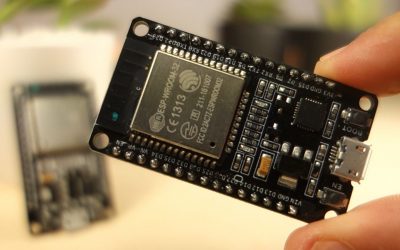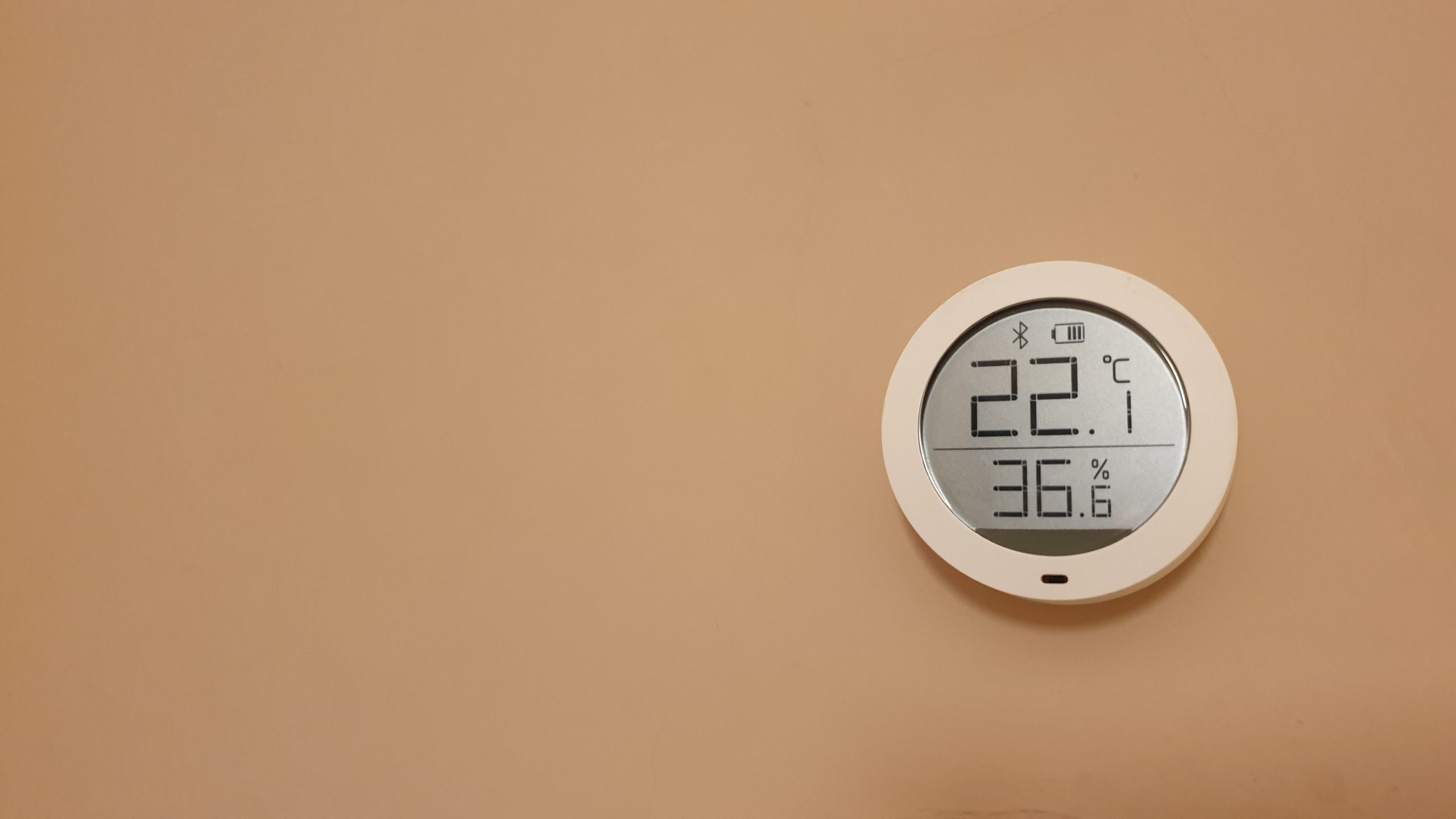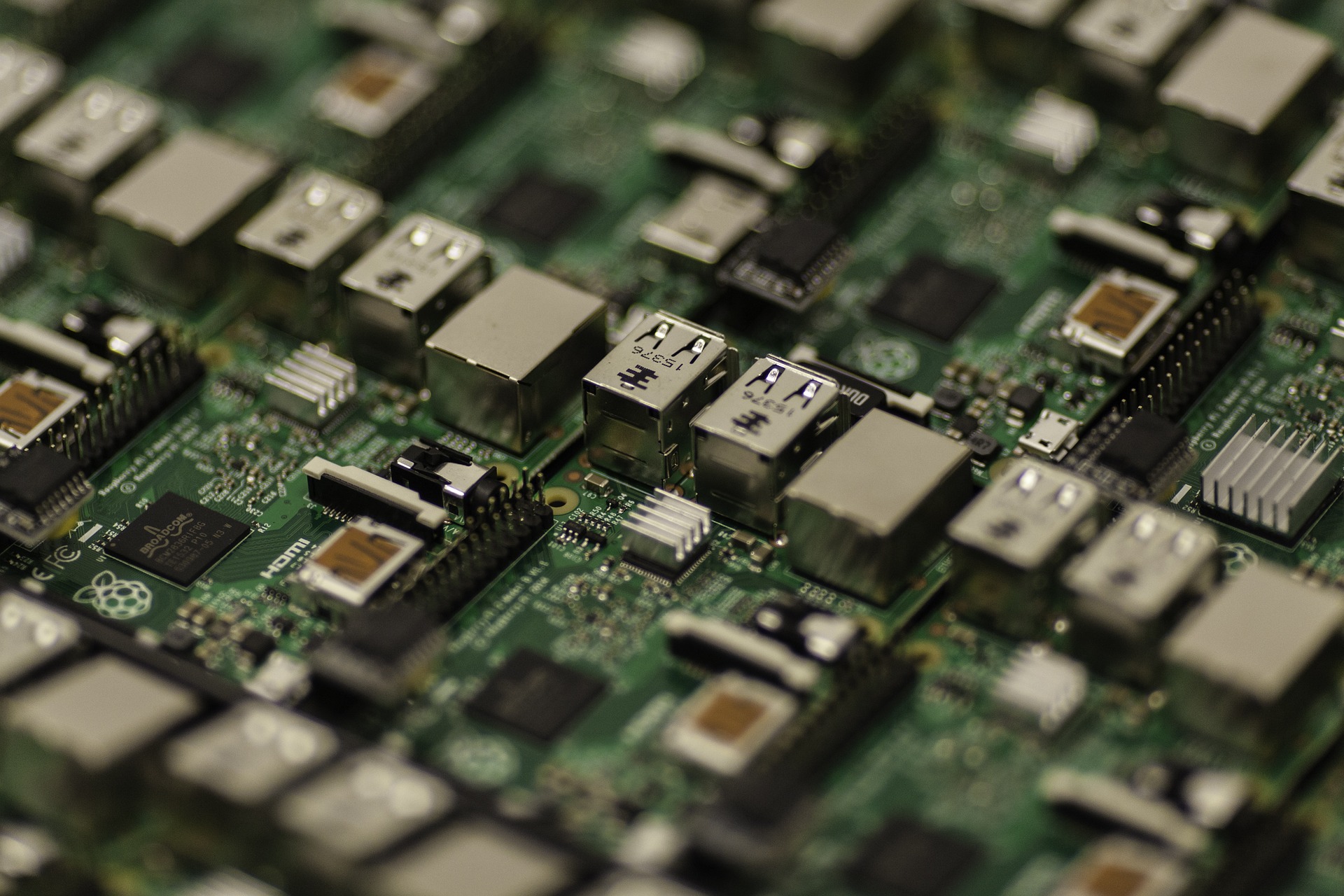Hello, I’m ANDRÁS
Site reliability Engineer &
DevOps Specialist
Who am i?
I enjoy Platform Engineering, passionate about Infrastructure as Code and GitOps, DevOps, Kubernetes & Docker. I’m a specialist in Ansible configuration management for Linux servers. I like working with people, and I have been a part of multiple teams with DevOps culture, using Agile and Scrum methodologies.
Based in Vienna, Austria.
Linux
Linux is a family of open-source Unix-like operating systems based on the Linux kernel. A vast number of servers use some kind of Linux as their OS. I’ve worked mostly with Centos/RHEL, Debian and Ubuntu Servers. If you run Linux servers, I can help.
DevOps & Containers
Docker, Kubernetes and other containerization technologies have taken the server world by storm. It’s a modern way to package, ship and run services – and if done well, scalable, too. Running them in the cloud is also a breeze.
Ansible
I’m a specialist in Configuration Management using Ansible. Hacking the config on servers manually is not good practice. I think it’s essential to have an uniform, standardized config on all servers – and that’s what Ansible is perfect for.
Let’s work together and build a more automated, high performing and modern infrastructure deployment. Contact me!
Sometimes I write About MY Projects
Flash ESPHome onto an ESP32 using docker-compose
I use docker-compose to run the ESPHome container which I use to flash ESPHome onto my ESP32 devices. To see how I do that, check the configs in this post. Note: This guide does not get into detail how to install docker-compose though, but I'm sure you'll find...
Xiaomi Mijia Hygrothermo v2 sensor data on Raspberry Pi
There's a neat looking Xiaomi LYWSDCGQ sensor with a display which shows temperature and humidity of it's environment. We'll use a BLE capable Raspberry Pi to read out the sensor's data. https://youtu.be/q-VYxZtR-Dg It can trasmit this information over Bluetooth Low...
Give more power to USB devices on Raspberry Pi
There's a way to allow your Pi to provide as much power to the connected USB devices as possible. Let me show you how. You can check how much power do your USB devices use sudo lsusb -v | grep -e 'MaxPower' -e 'Bus [0-9]' sudo nano /boot/config.txt add:...


